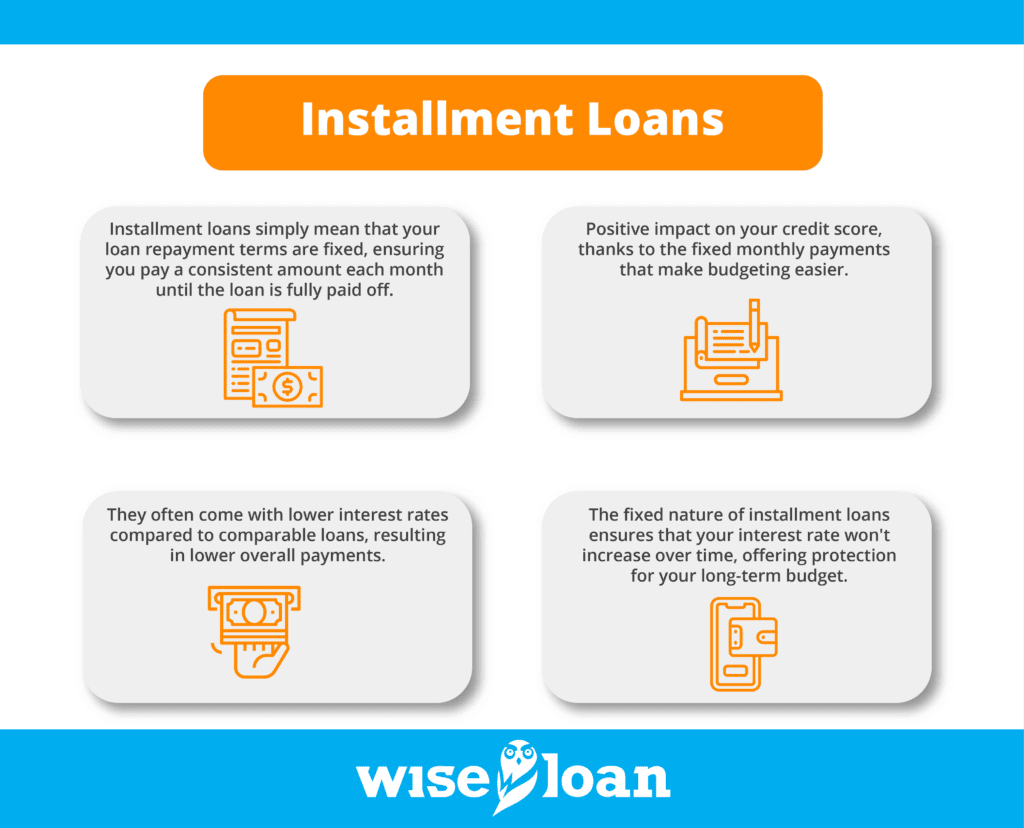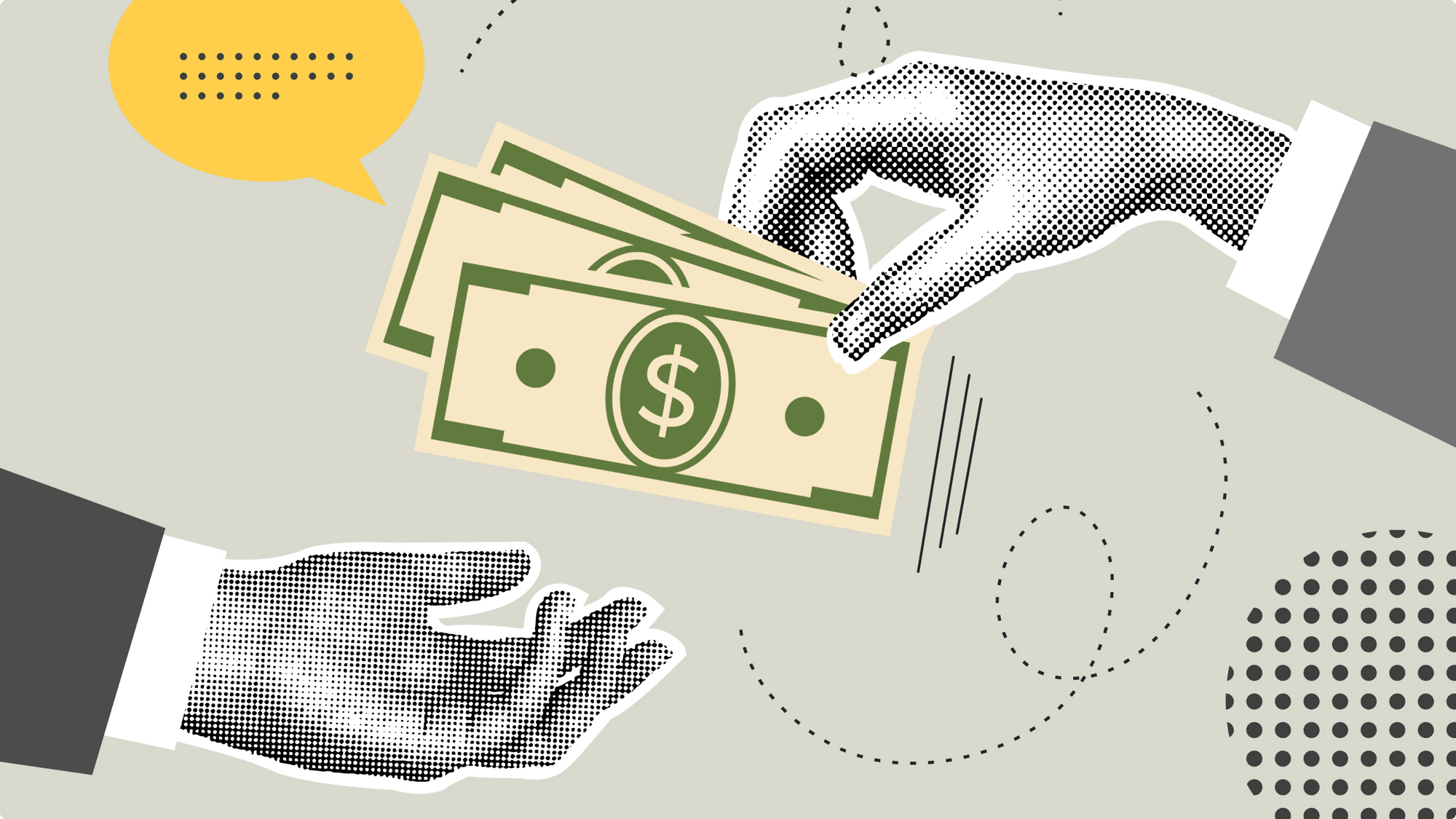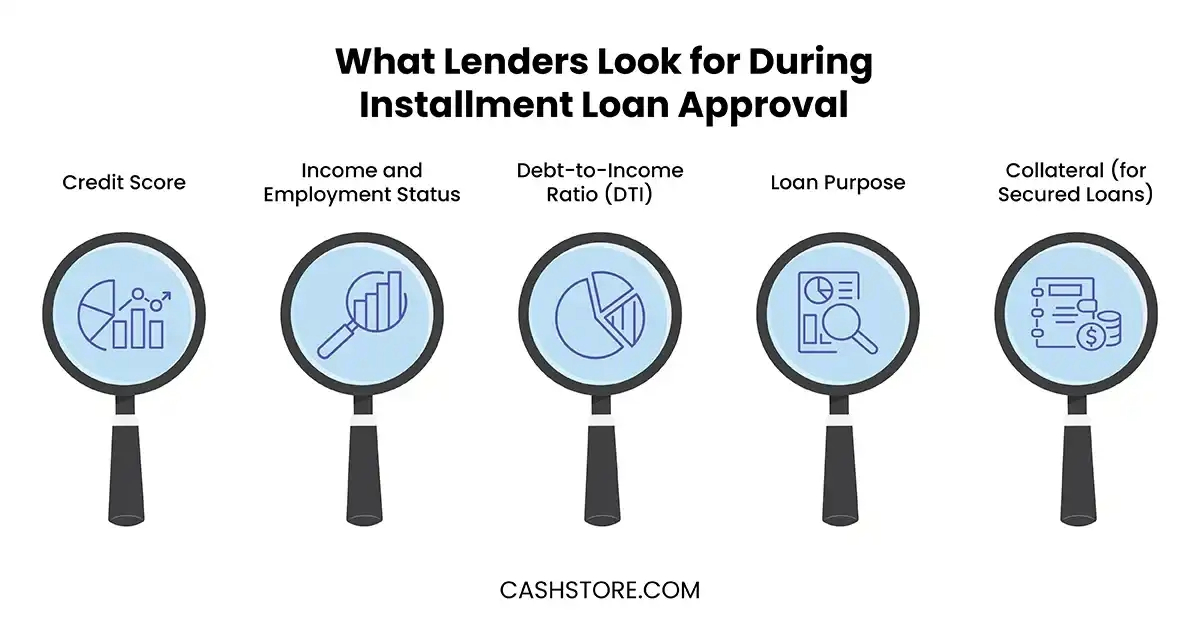Common Mistakes to Avoid When Applying for Cash Loans
Wiki Article
The Ins and Outs of Loans: Navigating Your Financing Selections With Self-confidence
Maneuvering the facility landscape of loans calls for a clear understanding of numerous kinds and vital terminology. Lots of individuals find themselves overwhelmed by alternatives such as individual, vehicle, and pupil loans, along with crucial ideas like rate of interest rates and APR. A grasp of these fundamentals not just help in examining monetary requirements but also improves the loan application experience. There are significant factors and usual risks that debtors must identify before proceeding better.Comprehending Different Types of Loans
Loans act as necessary monetary devices that provide to various demands and goals. Individuals and businesses can pick from several kinds of loans, each created to meet details demands. Individual loans, commonly unsecured, give debtors with funds for various personal expenses, while vehicle loans allow the purchase of automobiles with safeguarded financing.Mortgage, or home loans, assist buyers in obtaining residential property, typically involving long repayment terms and details rates of interest. Pupil loans, focused on moneying education and learning, often come with lower interest prices and deferred payment options up until after college graduation.
For companies, industrial loans supply necessary funding for growth, devices acquisitions, or operational costs. Furthermore, payday advance loan provide quick cash money remedies for urgent demands, albeit with higher interest rates. Understanding the different sorts of loans permits consumers to make informed decisions that line up with their monetary goals and conditions.
Trick Terms and Concepts You Should Know
Comprehending crucial terms and principles is important when navigating loans. Interest rates play a vital role in identifying the cost of borrowing, while various loan kinds deal with numerous monetary demands. Knowledge with these aspects can equip individuals to make informed choices.Rate Of Interest Described
Exactly how do rates of interest effect borrowing choices? Rates of interest represent the cost of borrowing money and are a vital consider economic decision-making. A greater rate of interest increases the general expense of a loan, making loaning much less appealing, while reduced rates can incentivize consumers to handle financial debt. Lenders use rate of interest prices to mitigate danger, reflecting customers' creditworthiness and prevailing financial conditions - Cash Loans. Dealt with rate of interest prices continue to be consistent throughout the loan term, providing predictability, whereas variable prices can fluctuate, potentially causing higher repayments with time. Furthermore, recognizing the interest rate (APR) is crucial, as it incorporates not just rate of interest yet also any associated charges, supplying a detailed sight of loaning pricesLoan Enters Introduction
Maneuvering the landscape of loan types is essential for consumers seeking the most appropriate financing choices. Understanding different loan kinds helps individuals make notified decisions. Personal loans are commonly unsafe, perfect for settling debt or financing individual tasks. Home loans, on the various other hand, are secured loans especially for purchasing realty. Car loans offer a comparable function, financing car acquisitions with the vehicle as security. Organization loans provide to entrepreneurs requiring resources for procedures or expansion. Another choice, pupil loans, help in covering educational expenditures, typically with positive repayment terms. Each loan kind presents unique terms, rates of interest, and eligibility standards, making it necessary for consumers to evaluate their economic demands and capabilities prior to devoting.The Loan Application Process Described
What actions must one require to successfully navigate the loan application procedure? People should examine their financial requirements and identify the type of loan that lines up with those demands. Next off, they must evaluate their credit history record to verify accuracy and determine locations for enhancement, as this can affect loan terms.Following this, borrowers must gather essential documentation, consisting of proof of income, employment history, and monetary statements. As soon as prepared, they can come close to lenders to ask about loan items and rate of interest rates.
After picking a lending institution, completing the application precisely is necessary, as mistakes or omissions can postpone handling.
Lastly, applicants need to await prospective follow-up requests from the lender, such as extra documentation or clarification. By adhering to these actions, individuals can improve their chances of a efficient and smooth loan application experience.
Factors That Influence Your Loan Approval
When thinking about loan authorization, numerous vital aspects come into play. Two of the most substantial are the credit rating and the debt-to-income ratio, both of which supply loan providers with insight into the customer's economic security. Comprehending these components can significantly improve a candidate's chances of securing the preferred funding.Credit Score Relevance
A credit score functions as a vital criteria in the loan authorization procedure, affecting lenders' perceptions of a debtor's economic reliability. Normally varying from 300 to 850, a greater rating shows a history of responsible credit rating usage, including timely payments and low credit report application. Numerous variables contribute to this rating, such as payment background, size of credit rating, kinds of charge account, and recent credit report queries. Lenders utilize these scores to evaluate risk, determining loan terms, rate of interest, and the probability of default. A strong credit scores score not only enhances approval chances however can additionally lead to more beneficial loan problems. Alternatively, a low rating may result in greater rate of interest rates or denial of the loan application altogether.Debt-to-Income Proportion
Numerous lenders take into consideration the debt-to-income (DTI) proportion an essential element of the loan approval procedure. This financial statistics compares a person's regular monthly debt settlements to their gross monthly income, giving insight into their capacity to take care of extra financial debt. A lower DTI proportion indicates a much healthier economic circumstance, making consumers more attractive to lending institutions. Elements affecting the DTI ratio include real estate expenses, charge card equilibriums, pupil loans, and other persisting expenses. Furthermore, changes in earnings, such as promos or task loss, can substantially impact DTI. Lenders commonly choose a DTI proportion below 43%, although this limit can vary. Recognizing and managing one's DTI can boost the chances of protecting positive loan terms and rates of interest.Tips for Managing Your Loan Properly

Usual Blunders to Stay Clear Of When Taking Out a Loan

Furthermore, several individuals hurry to approve the initial loan offer without comparing alternatives. This can lead to missed out on possibilities for far better terms or lower rates. Customers must additionally avoid taking on loans for unnecessary expenditures, as this can lead to lasting debt issues. Finally, disregarding to evaluate their credit history can prevent their capability to secure favorable loan terms. By recognizing these risks, customers can make enlightened decisions and navigate the loan process with better self-confidence.
Regularly Asked Concerns
Just How Can I Boost My Credit Score Before Requesting a Loan?
To boost a credit score prior to obtaining a loan, one should pay costs in a timely manner, lower arrearages, check credit rating reports for mistakes, and stay clear of opening up brand-new credit report accounts. Constant financial habits yield favorable outcomes.What Should I Do if My Loan Application Is Denied?

Exist Any Kind Of Costs Connected With Loan Prepayment?
Finance prepayment fees might apply, depending on the lending institution and loan type. Some loans include fines for early repayment, while others do not. It is important for consumers to evaluate their loan agreement for details terms.Can I Work Out Loan Terms With My Lender?
Yes, debtors can discuss loan terms with their lending institutions. Variables like credit history, repayment history, and market conditions might affect the lender's determination to modify rates of interest, repayment routines, or charges linked with the loan.Just How Do Rate Of Interest Prices Influence My Loan Settlements Over Time?
Rates of interest significantly affect loan payments. Higher prices lead to enhanced monthly settlements and overall interest prices, whereas reduced prices reduce these costs, ultimately affecting the debtor's overall financial burden throughout the loan's period.
Lots of people discover themselves bewildered by options such as individual, vehicle, and trainee loans, as well as vital concepts like rate of interest prices and APR. Interest prices play a vital function in determining the price of borrowing, while different loan kinds provide to different financial needs. A greater rate of interest price boosts the overall expense of a loan, making loaning much less appealing, while lower prices can incentivize borrowers to take on financial obligation. Fixed rate of interest rates remain constant throughout the loan term, using predictability, whereas variable rates can change, potentially leading to higher settlements over time. Loan early repayment charges might apply, depending on the lending institution and loan kind.
Report this wiki page